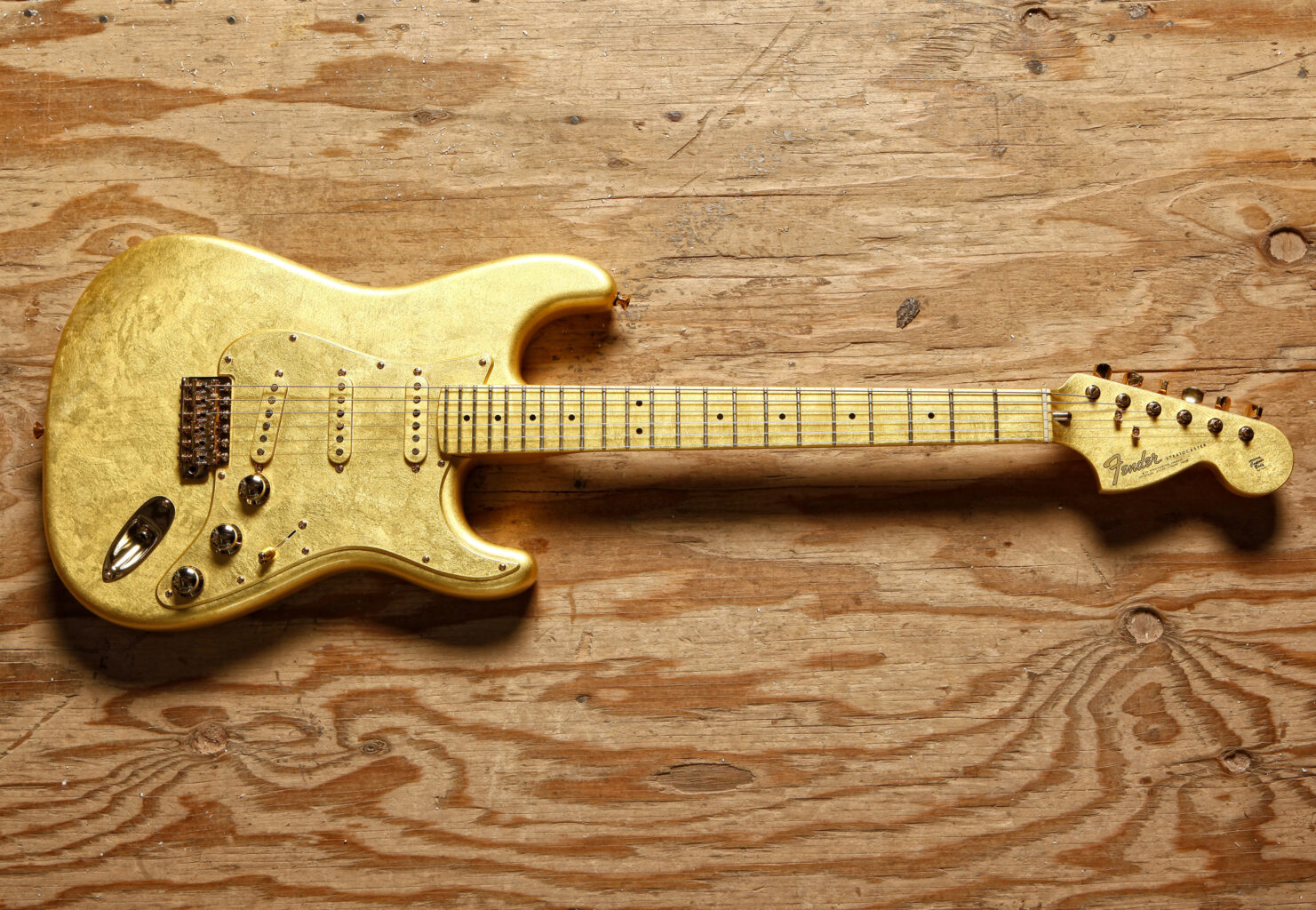It turns out Prince was a gold bug. According to a recent statement filed in Minnesota court regarding the settlement of his estate, at the time of his death he owned no stocks or bonds but he did own nearly a million dollars worth of gold bars along with 12 separate tracts of bare land worth over $25 million. He also held very little cash so it might be more accurate to say he was a fan of “real assets” over financial ones.
Investors have literally been partying like it’s 1999 in the markets for financial assets recently. The total value of corporate debt and equity relative to gross value added is now just as high as it was back then during the peak of the dotcom bubble. So it’s hard to blame Prince for favoring real assets at a time when they have never been cheaper relative to these extreme valuations in financial assets.
Real Assets vs. Financial Assets pic.twitter.com/lRenEQAiBZ
— Nick (@NickatFP) October 21, 2016
Now the average investor should probably be diversified across both kinds of investment assets. But I think it’s safe to assume most are far too heavily overweighted in financial assets like stocks and bonds and have little or no exposure to real assets like gold and real estate. This is just a sign o’ the times.
'60:40 allocation to equities and bonds could be a risky allocation over the next 10 years.' https://t.co/5yBf6sW3N3 ht @lisaabramowicz1 pic.twitter.com/JieaqRqHs7
— Jesse Felder (@jessefelder) January 10, 2017
Financial assets have benefitted greatly by the extreme dovishness we have witnessed at the Fed over the better part of the past decade. Over that time, inflation has largely been confined to the financial markets. However, the risks of these policies are still not fully understood their consequences could prove to be severe.
William White: Central banks cannot reverse course https://t.co/CSM4JjOj0z pic.twitter.com/9f0IhSiBuB
— Jesse Felder (@jessefelder) December 30, 2016
There are plenty of times throughout history where ignoring real assets in favor of financial ones has been very painful. As Ray Dalio has said, “if you don’t own gold you know neither history nor economics.” Investors who do own real assets including gold today are simply buying insurance against the prospect of seeing a time when doves cry.
